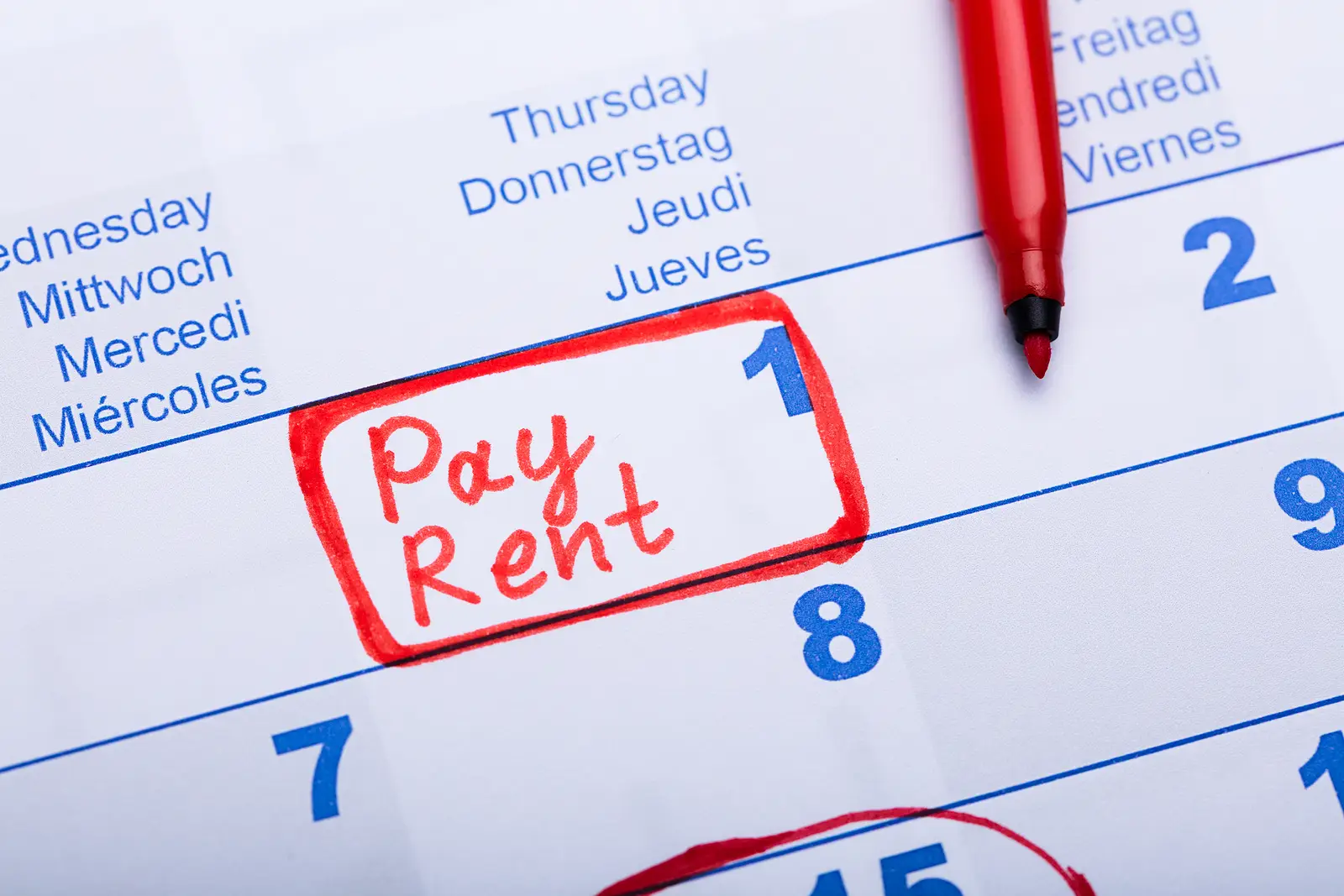If you own rentals in Dallas, you know the pain of late rent. It messes with your bills, adds stress, and can strain things with your tenant. Now, picture having a simple way to deal with it. No surprises or no guessing what to do next. Just a clear process that keeps things steady and fair.
Fortunately, you don’t need to be a lawyer or a seasoned landlord to pull this off. You just need a plan that fits Texas rules and works in real life.
In this guide, we’ll break down how to handle late rent in Dallas and how PMI Alliance can take the weight off your shoulders.
Key Takeaways
- By mid-2025, Dallas renters were paying about $1,530 for a one-bedroom and $2,233 for a two-bedroom. For a lot of tenants, that math just doesn’t work.
- Across the country, nearly 12% of renters fell behind on payments in June 2025, up from under 9% a year earlier. Dallas is no exception.
- For landlords, the key is speed. A quick reminder, a clear notice, and solid records give you the best shot at collecting without letting things drag into court.
Why Rent Gets Missed in Dallas
Rents in Dallas keep pushing higher. By mid-2025, a one-bedroom averages about $1,530, while a two-bedroom runs around $2,233. To afford that without strain, tenants need to bring in roughly $71,000 a year. Many don’t.
Across the country, late rent hit 11.7 percent in June 2025, up from 8.8 percent the year before. Dallas renters are in the same boat.
Late payments aren’t always about bad tenants. A job loss, a medical bill, or rising costs can throw off even reliable people. Sometimes it’s just poor budgeting.
Bottom Line: Rents rise, wages lag, and landlords get stuck waiting when the math doesn’t add up.
Prevent Problems Before They Start
Most late rent trouble starts because expectations weren’t clear from the beginning. The lease should be simple and firm. Write down when rent is due, whether there’s a grace period, and what the late fee looks like. If it’s all in black and white, there’s no room for debate later.
Screen your tenants with care. Income, rental history, and credit—these tell you if they can actually afford the place. Skip it, and you’ll likely pay for it down the road.
When move-in day comes, don’t just hand off the keys. Sit down with your tenant. Walk them through what you expect, how rent is paid, and make sure they see you take the lease seriously. Clear rules up front cut off most excuses before they even start.
What To Do When Rent Is Late
Late rent is a headache, but it doesn’t have to turn into a disaster. The trick is to stay calm and deal with it fast. Wait too long, and the chances of collecting drop. Act early, and you can usually fix it before lawyers get involved.
- Once the grace period is up, send a reminder. Keep it polite and direct. Sometimes that’s all it takes.
- If nothing comes back, put it in writing. Texas law requires formal notice, so follow the rules.
- Save every text, email, and letter. If the situation escalates, that record protects you.
The point isn’t to fight. The point is to get the rent in and move on.
Legal Framework of Late Rent Payments in Dallas, TX
Texas law gives landlords tools, but you only get results if you follow the rules. You have to send a proper notice for nonpayment before you can move toward eviction. In Dallas County, eviction cases move fast when the paperwork is done right, but a single mistake can undo everything. Knowing the process protects you just as much as it puts pressure on the tenant.
How to Talk About Late Rent
How you bring it up matters. If you go in angry, it usually backfires. If you stay calm but direct, you’ll get further.
- Lead with empathy. People hit rough patches—lost jobs, surprise bills, family problems. A little understanding makes tenants more likely to be honest.
- Offer a short-term fix if they’ve been solid. Maybe split the rent into two payments or give them an extra week. Make the terms clear so it doesn’t drag on.
- Share resources. Dallas and Texas have rental aid programs. Pointing tenants to help shows you’re looking for solutions, not just pressure.
- Write it down. Even if you agree face-to-face, follow up in writing. Emails or lease add-ons stop confusion later.
Handled this way, you keep the rent coming in without burning the bridge with your tenant.
Keeping Rent On Time Long Term
The best way to deal with late rent is to prevent it. Make payments simple with online options so tenants don’t have to fuss with checks. Show that you value reliability with small perks for people who always pay on time. Be consistent with rules so there’s no confusion about what happens if rent is late. And if you don’t want the hassle, a property manager can handle these systems for you. When rent becomes routine, it stops being a problem.
Protect Your Cash Flow With Smarter Rent Systems
Late rent is part of the landlord game, but it doesn’t have to drain your time or test your patience. The key is structure, such as tight leases, clear communication, and consistent follow-through. With the right systems, you can protect your income and still keep good tenants on board.
That’s where PMI Alliance steps in. We give landlords the tools and support to cut down on stress and keep cash flow steady:
- Automated rent tracking and collection
- Proper notices, legal filings, and eviction handling if needed
- Professional tenant communication and conflict resolution
If you own rental property in Dallas, you don’t have to juggle it all on your own. Let PMI Alliance manage the hard parts so you can focus on the big picture. Call us today and see how we can make your rentals smoother, more profitable, and a whole lot less stressful.
FAQs
Are there limits on late fees in Texas?
Yes. You can only charge a late fee if the lease says so and the rent is at least two days late. The state caps it at 12% for single homes and small buildings, 10% for larger ones, unless you can prove it costs you more. Go past that and you’re out of bounds, which can hurt you if you end up in court.
Do leases over a year have to be in writing?
Yes. Anything longer than 12 months has to be on paper, or it won’t hold up. Shorter leases can be verbal, but that’s risky. A written lease gives both sides something clear to lean on later.
How much notice is required to end a month-to-month lease in Texas?
Thirty days, in writing, from either side. That gives tenants time to move and landlords time to line up the next renter. Some leases may set a different rule, but if it’s not written, 30 days is the standard.


